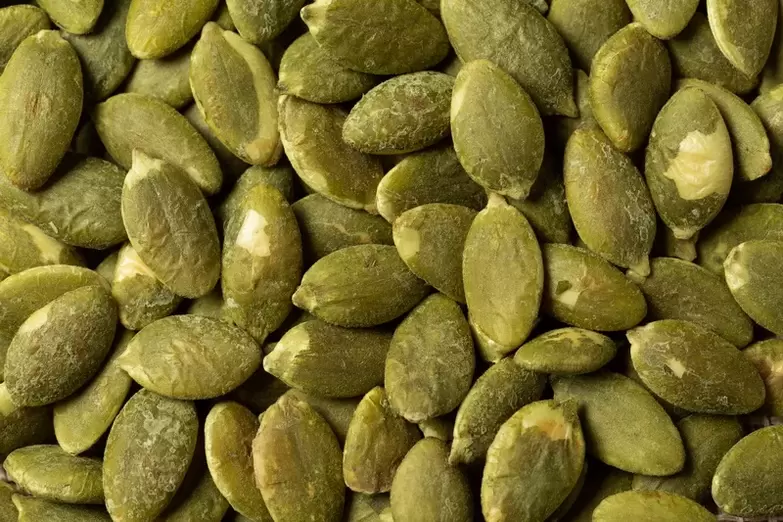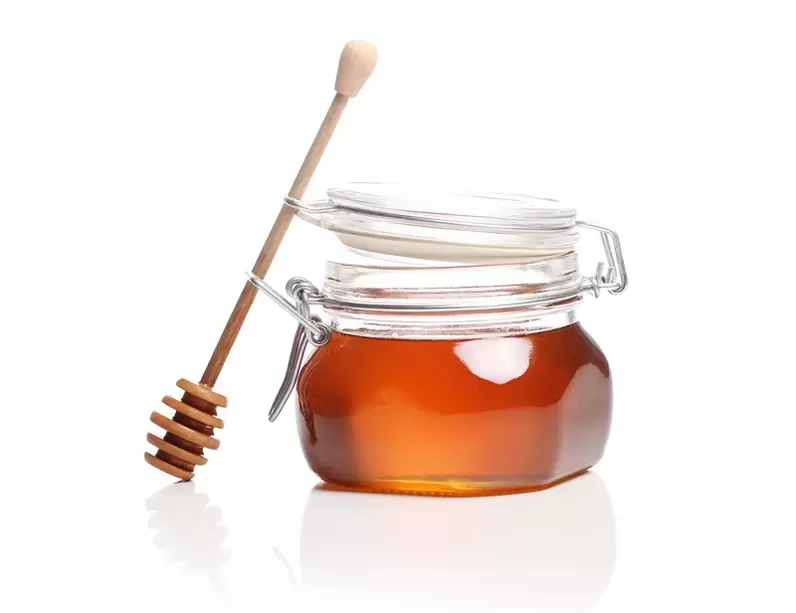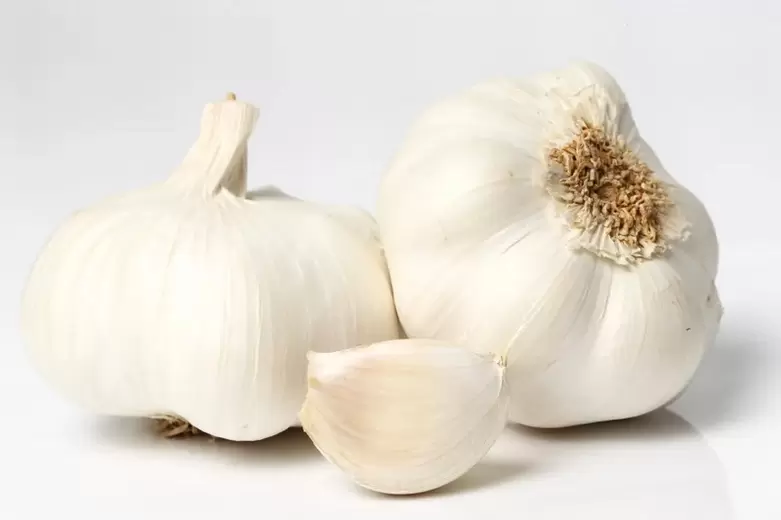
If this disease has caught your attention, please see your doctor and read this article.
Worms are called parasitic worms. They feed on other animals and plants, eat and reproduce in the organism. According to statistics, every third of the inhabitants of the earth have these parasites. Scientists argue that no such adult has never been infected with a worm in his life. Consider how to get rid of worms, what types are there, and how to detect and prevent them. Please note that worms (ascariasis, ascariasis) are a common problem, especially in childhood, you don’t have to panic.
Types of human worms
Worms-the scientific name for worms-have their own subspecies. The most common worms are pinworms and roundworms. Let's take a look at them.
Pinworm
Pinworms are known as worms that affect the human intestines. They are the most famous and widely distributed species. The reproduction of these worms leads to the development of disease-enterobiasis. Preschoolers and school-age children are most susceptible to pinworm infections.
General signs of worms in the body:
- Anal itching;
- Cramping abdominal pain, usually mild;
- Decreased appetite;
- Violation of stool;
- Insomnia and weakness;
- Allergic reactions that will not disappear after using anti-allergic drugs;
- Unreasonable cough.
Mode of transmission: contact and family route. Infection occurs when eggs are swallowed with food. Self-infection is very important-when combing your itchy anus, pinworm eggs will fall under your nails and be swallowed. Adults may also be infected by children in the future.
Ascariasis
Ascariasis is a large parasitic roundworm. The worm has a lifespan of 10 to 24 months, after which it will partially rot and excrete feces. The organs of the gastrointestinal tract are most often affected, leading to ascariasis. The preferred habitat for adults is the small intestine.
Giardiasis
Giardiasis-a disease caused by Lambria, a parasite in the small intestines of humans and some animals. Giardia exists in two forms: mobile (vegetative) and static (cystic form). The mobile form of Lamlia has 4 pairs of flagella and a suction cup, which is attached to the mucosa of the small intestine through the suction cup. It lives in the duodenum (small intestine) of the human body.
Causes of human worms
The main factors of infection with helminthiasis are:
- Failure to follow basic hygiene rules, especially hand washing.
- bad habits. These include biting nails, licking fingers, and various objects (pens, pencils) in the mouth.
- Insufficient care of pets, especially pets in the yard, because they may be carriers of infection. After going to the street, cats and dogs need to wipe their paws, take a bath in time, take them to check, and choose suitable food.
- Drink raw, unfiltered water from unreliable sources.
- Unprocessed vegetables, fruits and vegetables before meals;
- Poorly processed meat and fish products.
- Close contact with an infected person.
- Sandbox-Worms live in it. The sandbox on the playground should be kept away from cats and dogs.
Why are worms dangerous?
Thanks to modern medicine, it is possible to detect the disease in time and get rid of it. Therefore, serious consequences are very rare. Worms can cause the following phenomena:
- intestinal obstruction;
- Allergic rash;
- Poisoning tendency;
- The development of anemia;
- Health deterioration;
- lose weight;
- Reduce the percentage of hydrochloric acid in gastric juice.
Invasion of worms can cause weight loss, paleness, and anal itching. Complications depend on the type of parasite and the degree of infection. Worms are especially dangerous in children and during pregnancy.
How to know if there is a worm
It is important to detect worm invasion as early as possible, which can significantly improve the treatment effect and prevent the occurrence of complications.
Basic diagnosis method:
- Stool analysis of intestinal parasites (ascariasis);
- Debris analysis of pinworm eggs (pinworm disease);
- Blood test to determine worm-specific antibodies (detection of immunoglobulin-ELISA)-intestinal and tissue parasites. The most enlightening research.
Re-analysis should be performed no earlier than 14 days after deworming treatment. Normally, patients will undergo a combination of multiple tests to identify parasites. The recovered criteria are considered to be negative ELISA results and several negative results of biological environmental studies where worms were detected.
Please note! Biological material preparation requirements (intestinal parasite feces):
- Prepare a sterile container. Now they have created a special container equipped with a convenient spoon. You can buy it at any pharmacy;
- Do not use laxatives;
- Collect feces in the morning before testing;
- It is impossible for urine to enter the stool, so it is necessary to urinate before this procedure.
- It is necessary to collect materials from the various parts of the last part.
- Put about one tablespoon of feces (10-15 grams) in the prepared container.
- Send the container to the laboratory as soon as possible-the so-called "warm manure".
Scraping heat rashIn the morning in the child's bed, before the morning emptying and hygiene procedures. Using a narrow transparent tape, stick the sticky side to the perianal fold, and then stick the same side as the biological material on a clean, dry glass slide. Do not use any matte or colored sticky pins.
Ways to deal with bugs
Infectious disease specialists or parasitologists participate in the treatment of parasitic infections. But you should not immediately see a doctor with a narrow range of expertise: it is best to contact a pediatrician or therapist. He will designate multiple studies and refer to a parasitologist or gastroenterologist if necessary.
If worms are detected in children, all family members must be dewormed.
When worms are found, doctors will prescribe antiparasitic drugs designed to fight specific types of worms. Modern drugs are effective against worms at all stages of the life cycle: adults, larvae and eggs. In most cases (for example, ascariasis), a single pill is sufficient, but sometimes a course of medication is required-the treatment is developed by a specialist.
Violating the treatment strategy prescribed by the doctor is unacceptable-this may cause the worm's eggs to remain in the body, which will lead to re-invasion in the future.
What medicine can be used
Modern medicines come in the form of children's tablets or suspensions.
All medicines are applied differently. It is important to read the instructions carefully and follow them clearly. Another point is contraindications. Contraindications are based on various liver diseases, pregnancy and breastfeeding. Ideally, discuss this issue with your doctor.
The medicine is selected by the attending physician according to the type of worm, the characteristics of the organism, the stage of infection, and the age of the patient. This is not always the case. In order to get rid of the worms, there are enough deworming drugs. In some cases, complex treatments are prescribed.
After its important activities, worms can cause damage to our bodies. Therefore, it is not only necessary to carry out deworming treatment, but also to remove the toxins formed during the death of worms in the body.
The killed worms secrete decay products, which are one of the most powerful intestinal poisons. Allergic reactions may occur, the formation and outflow of bile are disturbed, gastrointestinal peristalsis is affected, manifested as "lazy intestine", or conversely, its overactive-diarrhea-"intestinal leak". The body's resistance to viruses and bacteria is reduced, and potential chronic infections are activated.
Together with antiparasitic drugs, drugs to improve the condition of the gastrointestinal tract, vitamins to eliminate vitamin deficiencies, antihistamines (in the case of allergic reactions), liver protectants, choleretics, and adsorbents can be prescribed.
Currently, in the arsenal of pharmacies, you can purchase plant complexes that combine all these effects.
Let us see what kind of medicinal plants can help us get rid of worms.
Treat with folk remedies
Pumpkin seeds and honey
Pumpkin seeds have long been known in folk medicine, and their pharmacological properties have been experimentally and clinically confirmed. Seeds are used to fight various tapeworms (bovine tapeworm, pork tapeworm, dwarf tapeworm, broad tapeworm) and pinworms.

The main pharmacologically active substance that determines the insect repellent effect of pumpkin seeds is the amino compound cucurbitacin (3-amino-3-carboxypyrrolidine). Depending on the variety of pumpkin, its content in seeds can reach 0. 1-0. 3%.
- To fight against worms, take the 300. 0 peeled seeds in small portions on an empty stomach for 1 hour (you can grind in a mortar, always with a green shell, and mix with 50-100. 0 honey).
- Laxatives were given 3 hours later, and enema was given 0. 5 hours later.
- Seeds for children aged 3-4 75. 0;
- 5-7 years old-100. 0;
- 8-10 years old-150. 0;
- 10-15 years old-200. 0-250. 0.

Sowing garlic
The beneficial properties of garlic are widely known around the world and are most common in different countries. Garlic (Allium sativum L. ) contains phytoncide, the main components of which are allicin, geraniol, rutin, and quercetin. Garlic has a universal strengthening effect, stimulates immunity, has deworming, antibacterial, antiviral and fungicidal activities, enhances the movement and secretion activities of the gastrointestinal tract, and inhibits intestinal fermentation and corruption.

Yarrow
The beneficial properties of yarrow include choleretic effects, increase gastric juice production, and improve appetite. Due to its antispasmodic effect, yarrow is used to relieve pain caused by intestinal spasms.
Long turmeric
Turmeric has been used in traditional Indian Ayurvedic medicine as a medicine to treat many diseases, including colds, stomach ulcers, liver diseases and skin wound healing. Turmeric is rich in essential oils, and its components are borneol, which has a powerful antiseptic effect, as well as floretene, curcumin, and curcumin. It also contains high concentrations of vitamins (vitamins-% of daily value): B6-90%; C-28%; E-20. 7%; B1-10%. The safe daily dose of turmeric is 1 teaspoon. Daily intake of turmeric can improve digestion, stimulate the gallbladder (turmeric should not be used for cholelithiasis, because turmeric causes increased bile outflow) and lower blood cholesterol levels.
Common caraway
In modern medicine, the fruit of cumin is used to treat gastrointestinal diseases, intestinal fatigue, and flatulence. The plant is used for biliary spasm. The coriander fruit is part of a series of expelling wind, stomach, appetizer and others.
recipe
- Prepare an infusion at a ratio of 2-3 teaspoons of coriander seeds in a cup of boiling water.
- Hold for 45 minutes and take 2-3 tablespoons. Spoon (1 teaspoon for children). Take 5-6 times a day before meals.
Prevent helminthiasis
In order to prevent yourself from infecting parasites, you must abide by the rules of hygiene: change modern sheets, shower regularly and wash your hands. It would be better to spray household items with preservatives.
It is important to eat the right food and handle it properly. Pay particular attention to fish and meat. During degutting, the fish should be carefully checked for eggs and worms, and a separate board should be used to slaughter raw fish and meat. In spring and summer, it is important to thoroughly wash the vegetables and berries in the garden.
You also need to perform spring cleaning regularly. Drink only proven water and take care of your pet carefully and appropriately. The main guardian-immunity-also needs help and care.
If there are animals in the house, all family members need to be prevented from worms, including the most beloved pets.






































